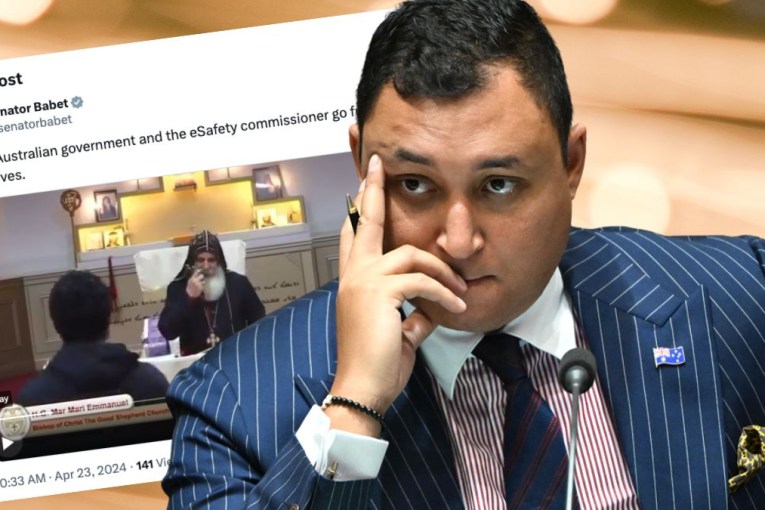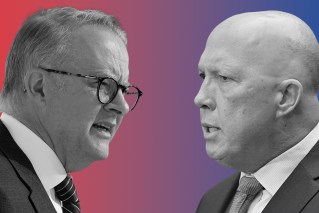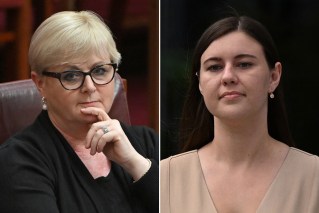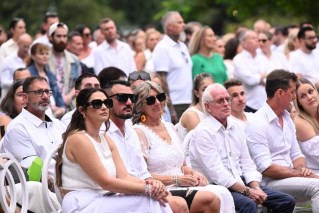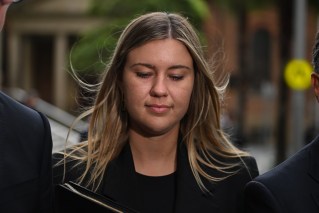Spy chief warns foreign intelligence agencies will not trust Australia if leaks continue
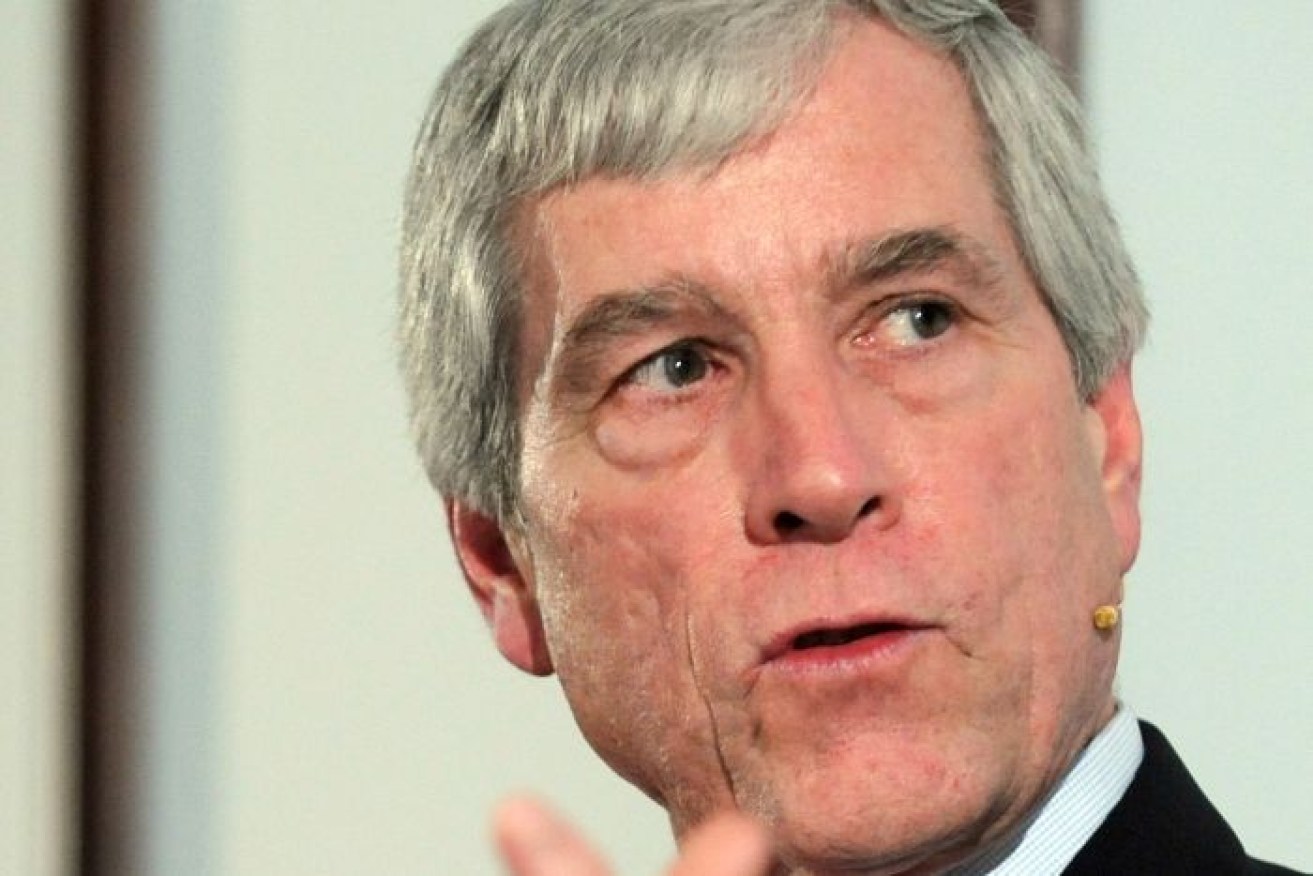
Nick Warner says there's a 'delicate balance' between civil liberties and security. Photo: AAP
One of the nation’s top spies has warned Australia’s international intelligence sharing relations risk being harmed by leaks of classified information.
In a rare foray into the spotlight, Director-General of National Intelligence Nick Warner has told Parliament’s powerful intelligence and security committee the Government and its agencies bear “a heavy burden” balancing transparency and protecting national security.
The Federal Government directed the committee to investigate whether there were sufficient legal protections in place for journalists and whistleblowers, or if too much ground had been ceded in favour of national security.
It followed media outrage after the Australian Federal Police’s raids on the Canberra home of News Corp political journalist Annika Smethurst and the ABC’s Sydney headquarters over separate stories based on leaked classified information.
“Australia’s national security depends on a network of international intelligence partnerships that extends well beyond our traditional allies — the US, the UK, Canada and New Zealand — to partners, including in North and South Asia, South-East Asia, Europe and the Middle East,” Mr Warner said in his submission.
“For example, ASIO works with foreign partners to support the disruption of terrorism-related threats.”
He cited intelligence received from Israel which helped to foil a plot to blow up an Etihad flight from Sydney to Abu Dhabi in July 2017, with a bomb hidden inside a meat grinder.
“The unauthorised disclosure or publication of foreign partner information could have serious ramifications, including putting at risk Australia’s relationship with those partners and that country,” Mr Warner said.
“Put simply, if those partners do not trust Australian intelligence agencies to keep their intelligence information secret, they will not share it.”
Mr Warner’s comments follow a submission from the AFP, hitting back at media organisations that have demanded a special warrant regime be established for investigations into classified leaks.
Executives from the ABC, Nine and News Corp have led the charge in calling for extra safeguards, including allowing media outlets to contest search warrants before they are executed.
The ABC has also finalised its submission to the parliamentary inquiry, calling for the decriminalisation of journalism and public interest whistleblowing.
Mr Warner’s comments about the balance between transparency and the need to protect national security were echoed by the Department of Home Affairs, which has urged the inquiry to tread carefully in recommending reforms.
“Any changes to legislation should not restrict the ability of law enforcement agencies to obtain a full picture of the facts and make informed decisions about charging,” Home Affairs’ submission stated.
“It could also impede the ability to investigate other (non-journalist) persons of interest, and otherwise to investigate persons who are journalists by occupation in situations that do not relate to public interest reporting.”
The inquiry is due to report to Parliament in October.
Both the ABC and News Corp are challenging the search warrants in court.
-ABC
